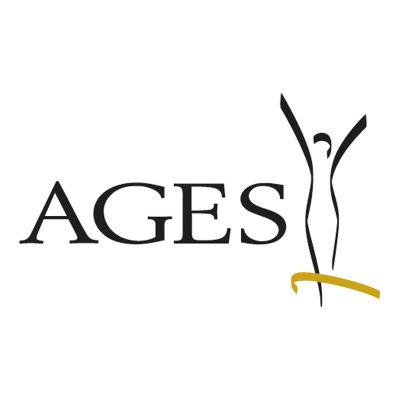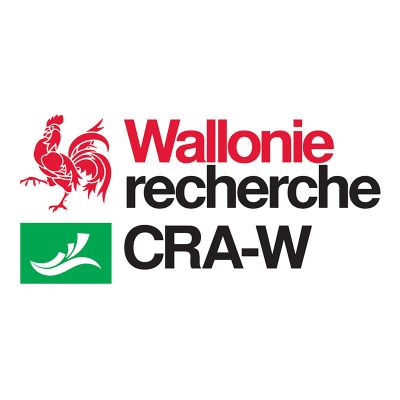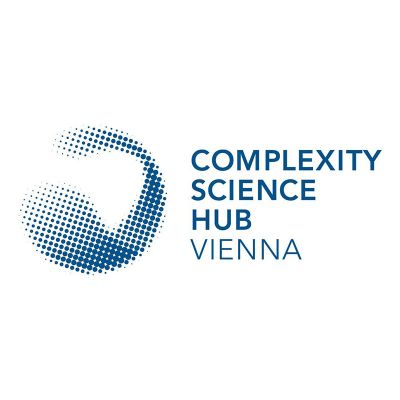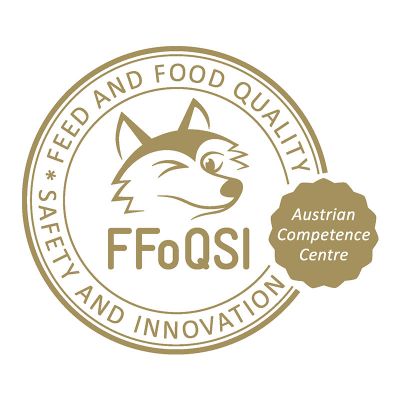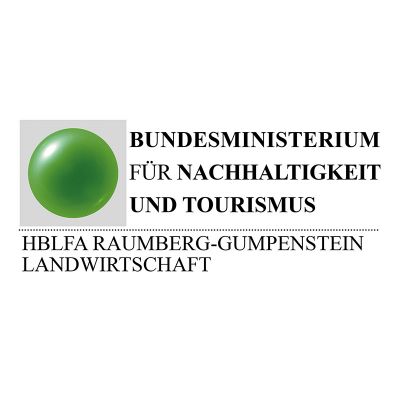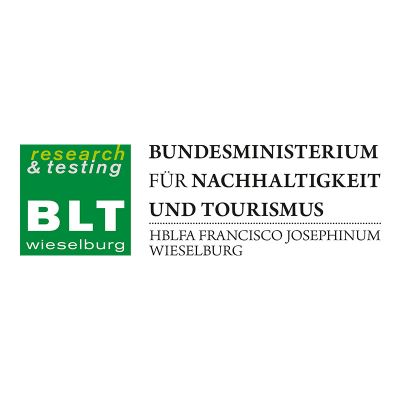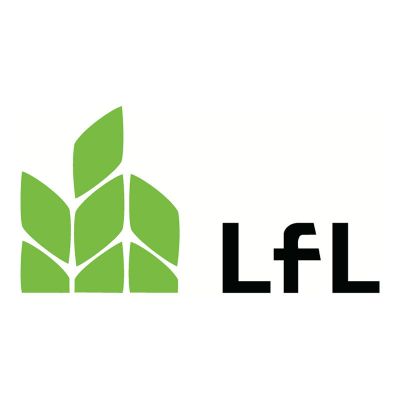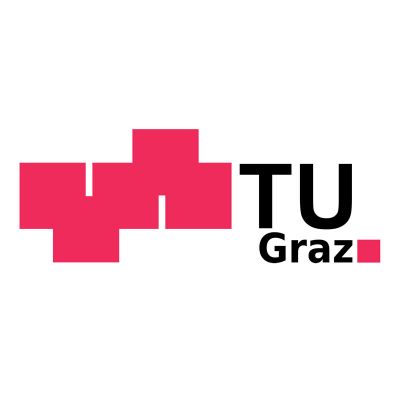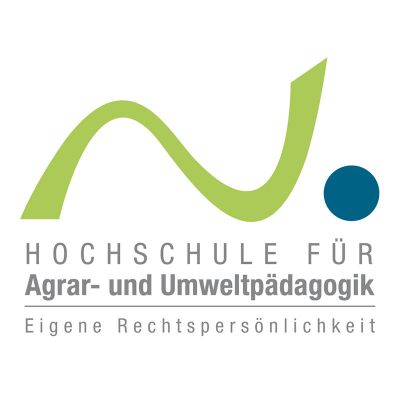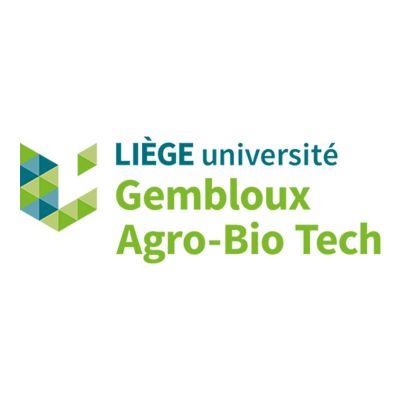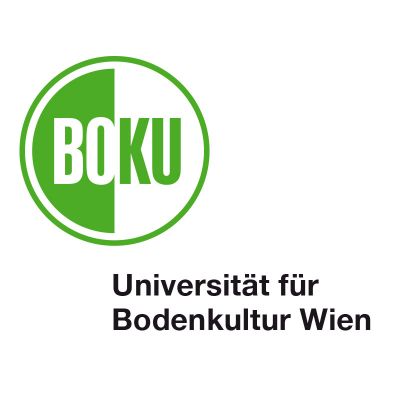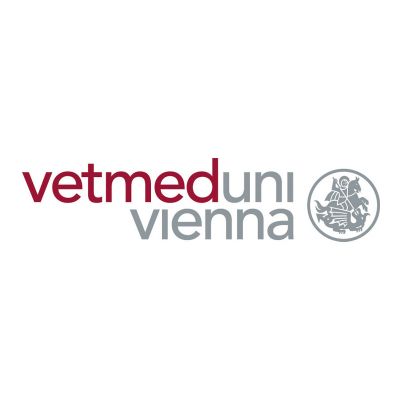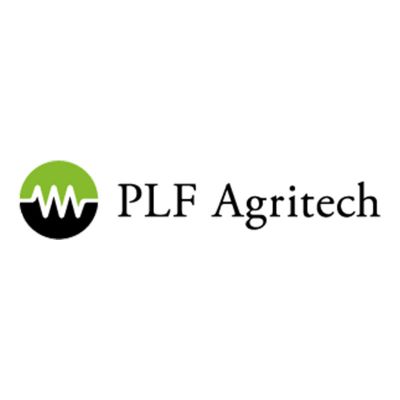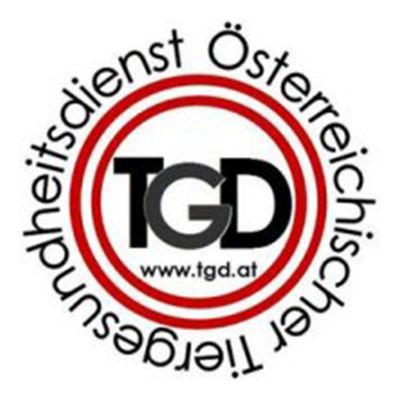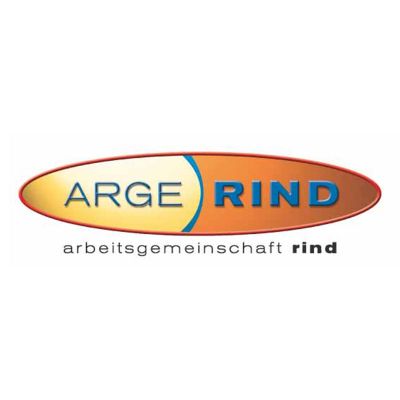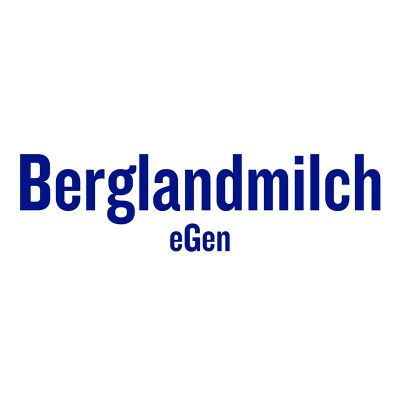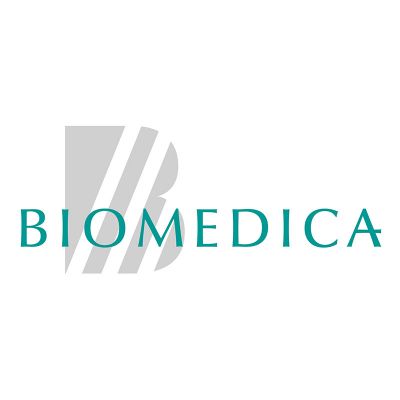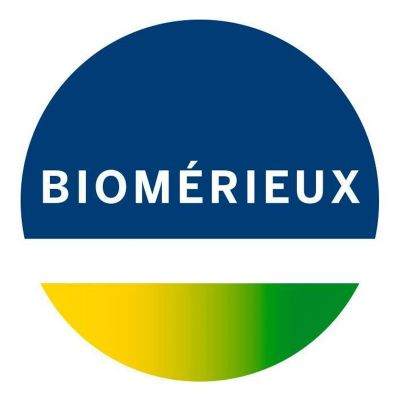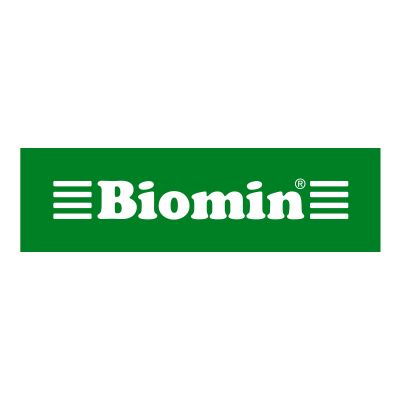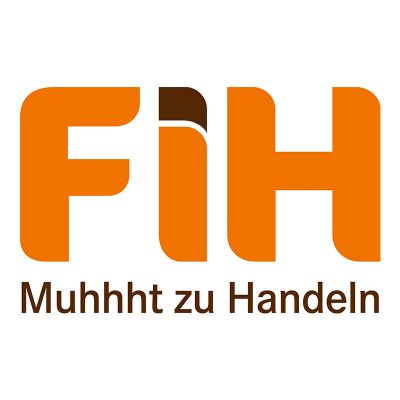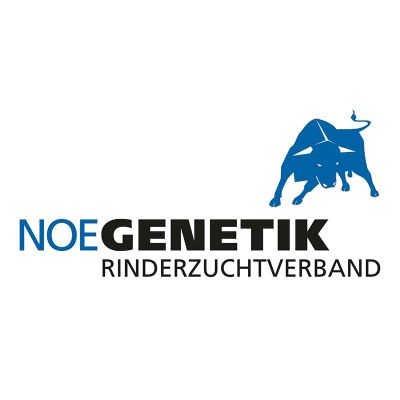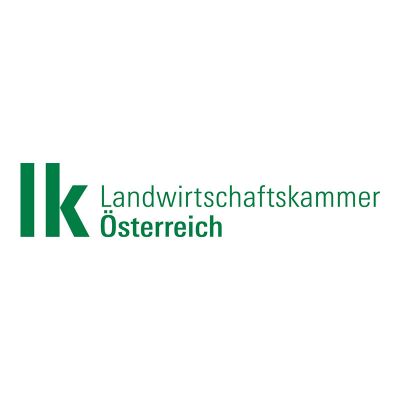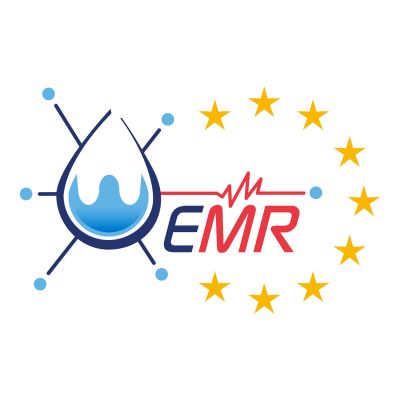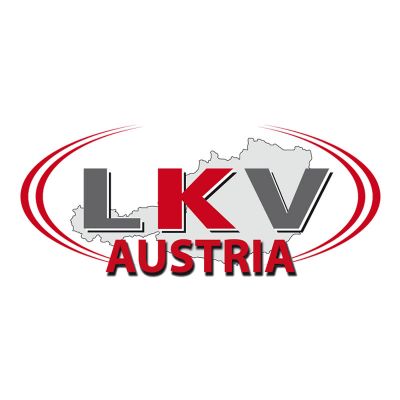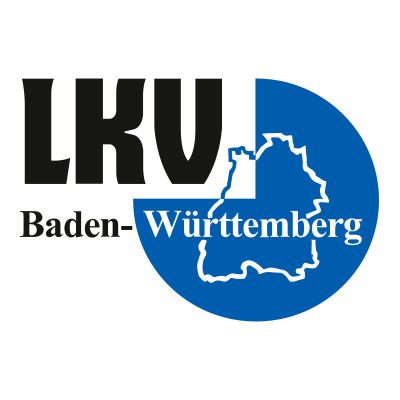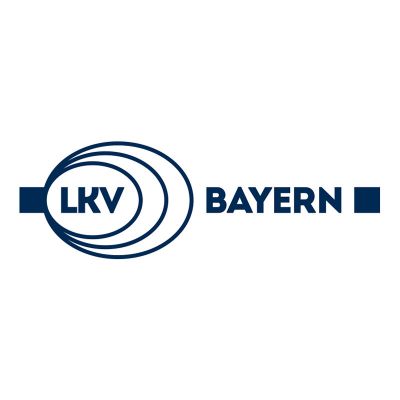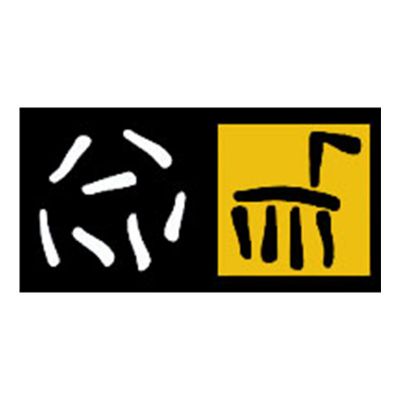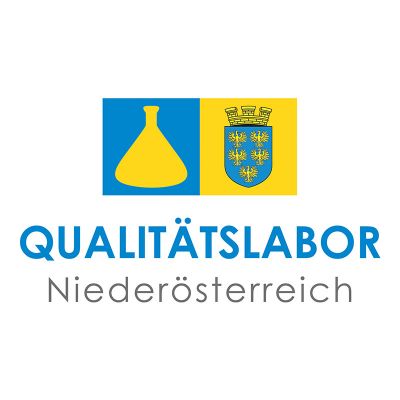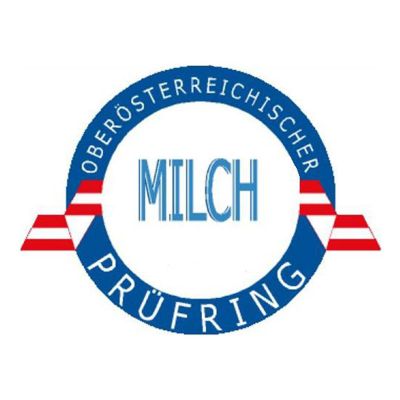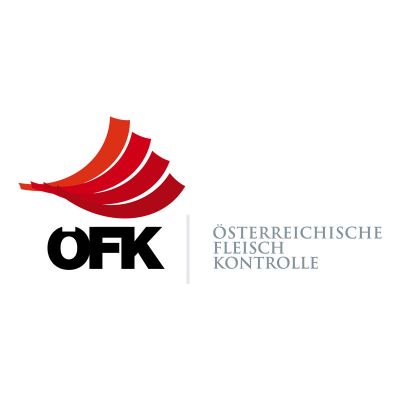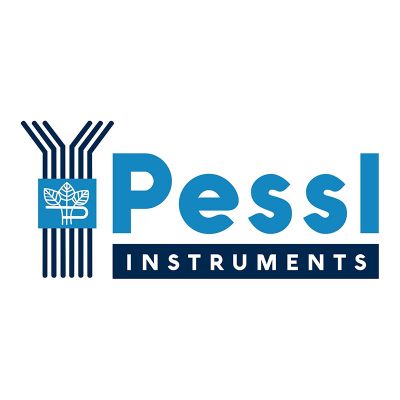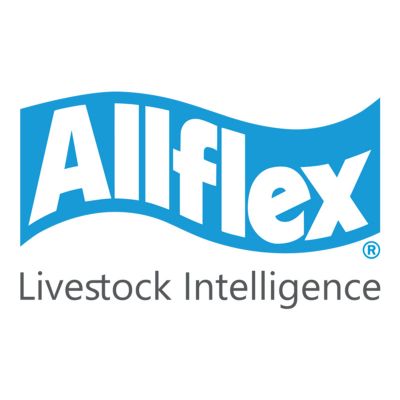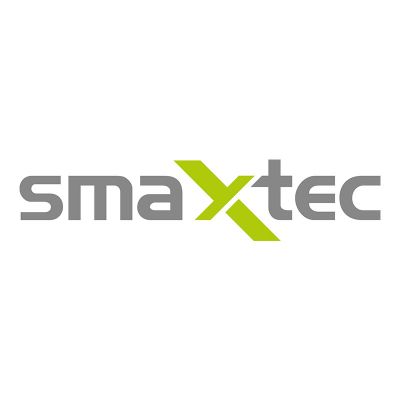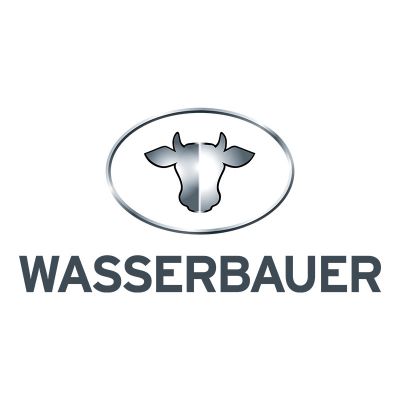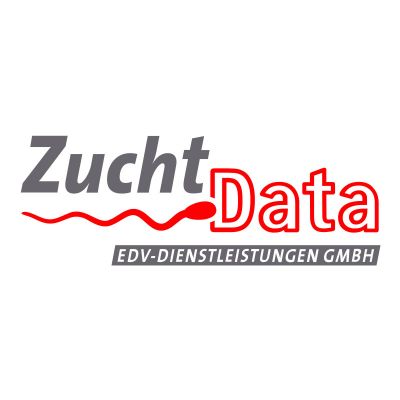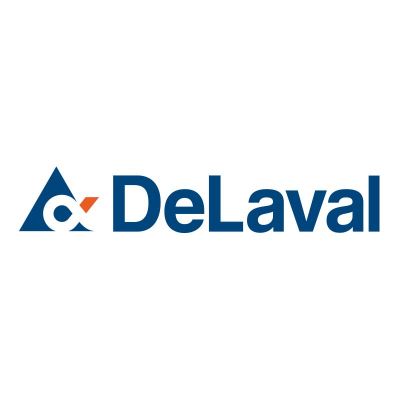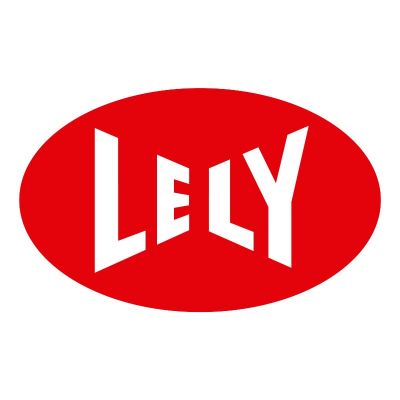Area 1: Data and Decision - Digitalisation, data integration and decision support
In recent years, there has been a dramatic increase in the generation, processing and storage of data on dairy farms. To help to utilize this data in a sensible way, the focus in Area 1 lies on integration of the data generated on farms (data from health-related sensors, feed automation, antibiotic use, housing climate data,…) and interoperability of the systems used in the farms and on process development and optimization, with the aim of generating decision support tools. The projects in this area include work on aspects of quality assurance, data exchange, data protection and research on the interrelationships between different characteristics. Based on the results and findings from the various research projects, tools for farmers and veterinarians to support decision-making will be developed. Different strategies to reduce the risk of antimicrobial resistance are an important part in this area as well. Furthermore, Area 1 brings together all results from D4Dairy, since it is here that the information and knowledge transfer takes place, and studies in the social context (knowledge transfer, acceptance) are carried out.
P1.1 Data integration – base for D4Dairy research and benefit for farmers
P1.1 tackles data exchange management and data networking between project partners. The aim is to create a database for D4Dairy research and for the development of applications for farmers. P1.1 describes the state of the art and the goals of various stakeholders (farmers/technology suppliers/organisations/…) dealing with automation systems applied in dairying. A focus is put on work organisation and process quality. A work package is dedicated to legal aspects of protection of data and intellectual property. Thus, newly developed applications are in line with the wishes of users and the current legal requirements. P1.1 develops the technical basis for an automated data exchange between the partners. This covers the routine data exchange between the central cattle database and the involved public and industry partners as well as the exchange of extended datasets for research purposes. Novel IT concepts for the quality assurance of sensor data and the efficient management of data usage and sharing rights will be investigated. New applications will be intensively tested on pilot farms. The insights of D4Dairy will be incorporated in concepts for the further development of novel traits and services.
P1.2 Decision Support Tools - New Data for Use in Optimisation of Herd Management
The availability of integrated and novel data combined with advanced analytical methodologies allows earlier detection of the onset of potential health problems within dairy herds and thus enables timelier intervention. D4Dairy aims to develop possibilities for data-driven strategies for improving health and to support farmers in utilizing such strategies and tools so they can prevent or react to emerging health and welfare issues in a timely manner.
Data from digital technologies such as data from AMS (automated milking systems), from sensors and feeding systems will be used to derive new traits. The project will work on trait definition and their relationship to other traits of interest as well as sensor data evaluation for early detection of disease with focus on lameness, but also ketosis and others. Concepts for optimisation of feeding processes is another focus of work within this project. Outcome of the other projects within D4Dairy will incorporated in digital decision support tools developed within D4Dairy.
P1.3 Promoting Action to a reduced Antimicrobial Resistance
Project 1.3 comprises three separate subprojects, namely the harmonisation of antimicrobial susceptibility testing (AST) for mastitis pathogens (1.3.1), using data to drive recommendations for drying off strategies (1.3.2), and strategies to improve calf health and beef quality (1.3.3).
Working with laboratories throughout Austria, subproject 1.3.1 aims to standardise AST, improve comparability of resistance data as well as integrating the results of such testing into the central cattle database. AST data will then be more accessible to and evaluable for farmers and veterinarians. Subproject 1.3.2, together with a dairy and leading milk processor, will develop a decision-making tool for veterinarians to advise farmers on the best drying off strategy for their farm. Subproject 1.3.3. will analyse the effects of feeding calves milk containing antibiotic drug residues (“waste milk“) on the development of antimicrobial resistant bacteria on farm, and to suggest alternatives to this practice.
P1.4 Digitalisation and Dissemination
The use of digital tools, sensor technology and automation in modern agriculture is rapidly advancing and expanding worldwide. The application of digital technology changes the way farms are operated and managed and provides new perspectives and challenges for consultants and veterinarians. Therefore, it is essential for these groups to acquire knowledge in this field. Besides, consumers are becoming more concerned about animal health, animal welfare, food safety and the nutritional aspects of food. Although trust in the food produced can be strengthened through the use of modern technologies, social acceptance of dairying 4.0 is of great importance and should be taken into account. In this project we want to carry out quantitative and qualitative studies on the acceptance and assessment of new technologies among farmers, consultants, veterinarians and consumers. Furthermore, we will disseminate results via various communications channels to meet training needs of the farmers, consultants and veterinarians.
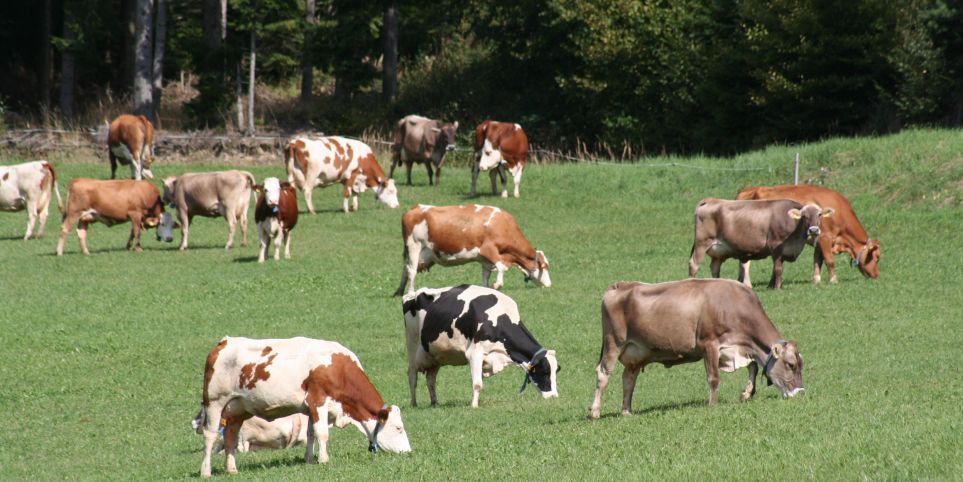



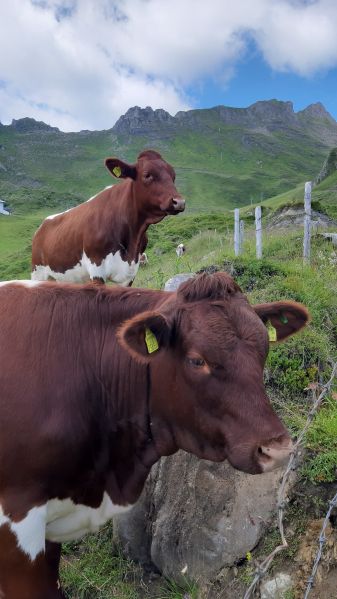
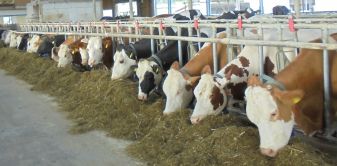
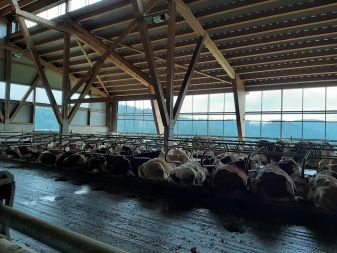
 Univ.-Prof. DDr. Stefan Thurner
Univ.-Prof. DDr. Stefan Thurner  Hubert Schrems, Simmental breeder from Upper Austria
Hubert Schrems, Simmental breeder from Upper Austria
 Dr. Christa Egger-Danner
Dr. Christa Egger-Danner  Chairman Stefan Lindner
Chairman Stefan Lindner  Prof. Dr. Peter Klimek
Prof. Dr. Peter Klimek  DI Mario Fallast
DI Mario Fallast 